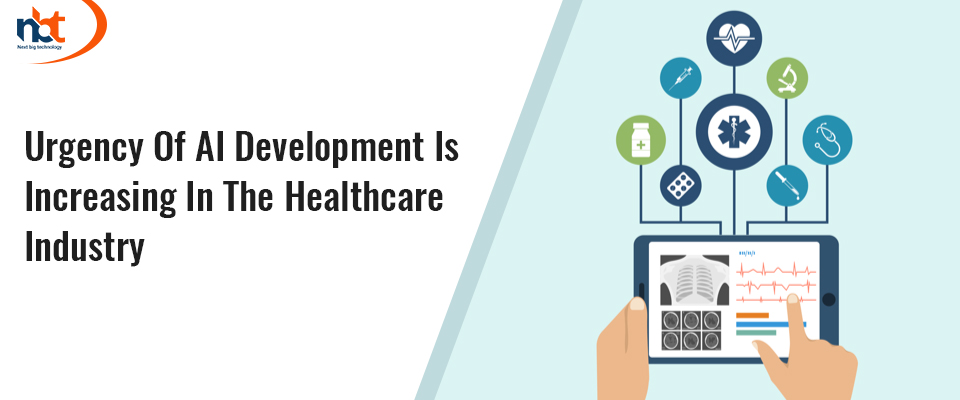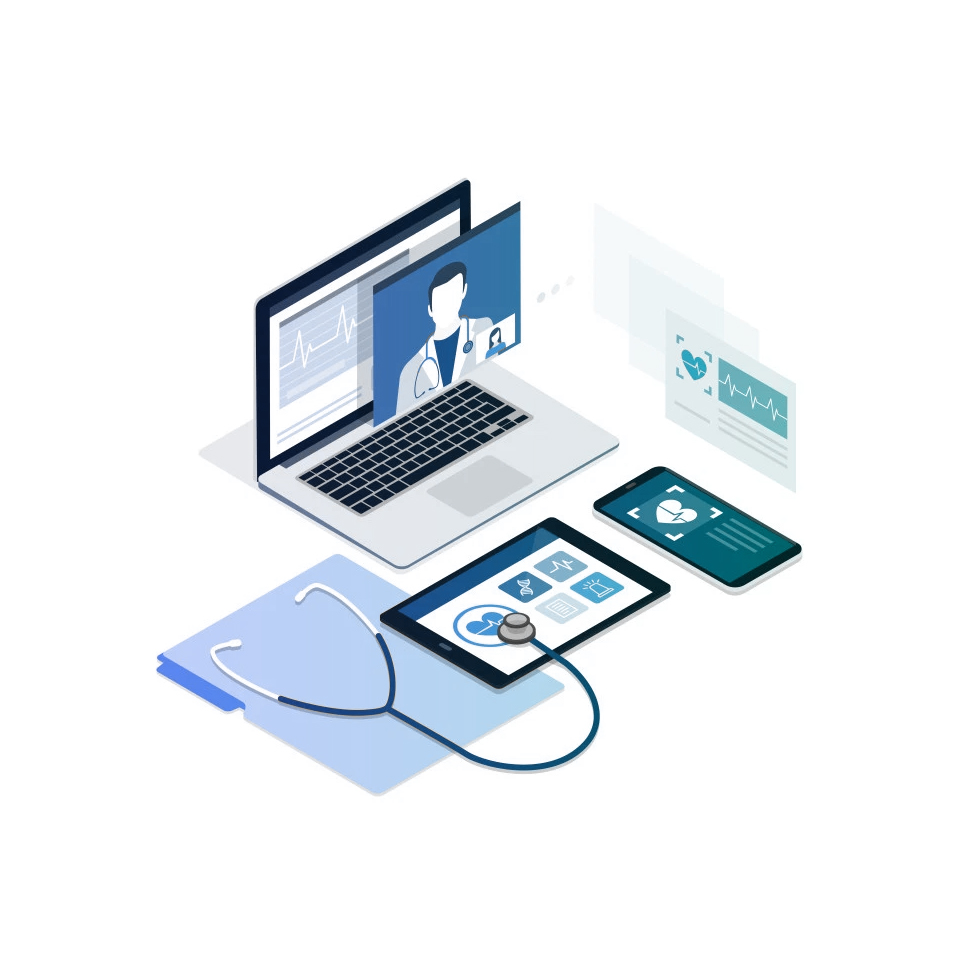The adoption of artificial intelligence by medical technology or MedTech will improve productivity, reduce costs, and improve medical outcomes for years to come.
A patient experiences abdominal pain along with symptoms in atypical areas, which complicates the diagnosis. A smart exam reveals the cause: an unusual form of appendicitis. However, the credit does not go to the radiologist, but to an imaging machine built with technology that uses artificial intelligence algorithms. It is supported by hundreds of millions of similar reviews, recognizes the anomaly, and diagnoses.
The above situation no longer belongs in a science fiction movie. Pressured by the necessary cost reduction, medical equipment manufacturers, and technology companies increase their investments in artificial intelligence (AI). These systems already exist, and their growth could be triggered in the coming years, especially in the field of diagnostic imaging.
Also Read: Artificial Intelligence Software Development Company & Services
It is true that experts see complications for the development and implementation of MedTech or technology applied to medicine, especially due to the regulation and protection of data on patients. However, they believe that a successful application of AI in this field could boost productivity, reduce costs per treatment, and extend growth throughout the healthcare value chain.
Investors already see opportunities in large MedTech companies and medical equipment manufacturers and tech and start-ups.
Also Read: The Ultimate Guide to the Future of Healthcare industry
The IA aims to mimic the cognitive processes of people, such as reasoning and learning via algorithms and large data packets. The most popular method is learning machines or machine learning, in which a model is trained with data such as intestinal scanners million patients to analyze and categorize them independently. The larger and more complex the volume of data, the better the cognitive results of the model.
The IA Medical has great potential since managing dialysis optimizes doses to patients or early detection. However, it all depends on the capacity and design of the AI itself, on its producing tangible benefits, and facilitating its use and integration with the current way of working.
Its application is still modest and focuses more on care intelligence, which helps reduce repetitive manual processes such as arranging appointments, leaving doctors more time for more specialized and profitable jobs.
Also Read: Artificial Intelligence: Transforming the Way WordPress Works
Other somewhat more advanced forms of AI could help clinicians in their decisions, evaluating diagnostic images, and creating treatment plans. This form of AI, known as unsupervised machine learning, is capable of evaluating basic unstructured data and searching for patterns. Such functionality could generate enormous improvements in productivity, especially in clinical situations where the supply of highly specialized professionals is limited.
Experts point out that AI could even perform tasks such as diagnostics without user action, but these scenarios are still a bit far away.
Also Read: Impact of technologies on the health care sector
Goals of MedTech Adoption
As an activity, MedTech covers a very wide range of tasks. To name a few: aids in hearing, in vitro fertilization, or stomatology. In that sense, AI applications might make sense in some specialties, but they won’t be the cure for everything.
What areas show the most promise for AI? Imaging, radiation therapy, and hospital equipment could offer the best prospects for driving profitability and growth in the industry. Putting AI in place in these areas could reduce costs and improve productivity in hospitals and would be easy to use with very little training.
Thanks for reading our post “How can AI change the healthcare sector?”, please connect with us for any further inquiry. We are Next Big Technology, a leading web & Mobile Application Development Company. We build high-quality applications to full fill all your business needs.






















